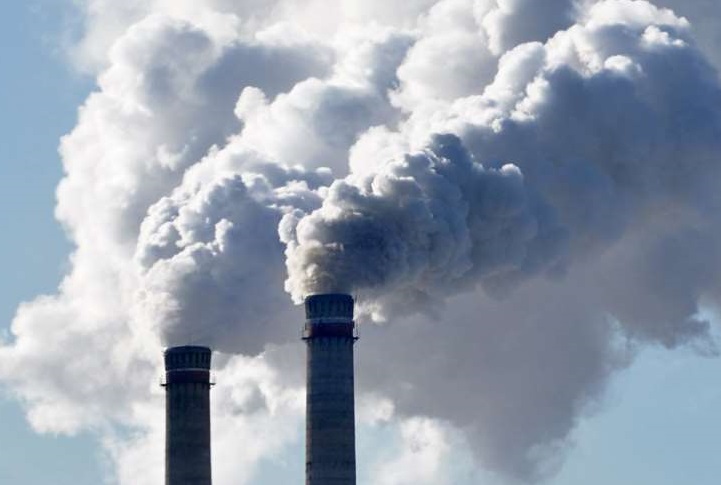11 Dec 2024

Tired Earth
By The Editorial Board

A newly published research has revealed how air pollution can cause lung cancer in individuals who have never smoked in their lives. The findings of the research could help the medical industry in preventing and treating tumours by rewriting our understanding of them.
Reportedly, the scientists found that fine particulates in polluted air activated the dormant, pre-existing cancer genes in the lungs of an individual which were inflamed due to inhaling the polluted air.
The research helps in the understanding of medical experts as to why so many non-smokers tend to develop lung cancer or tumours.
The researchers of the study remarked that although smoking remains the primary cause of lung cancer, the fact that air pollution activates dormant cancer genes should be a 'wake-up' call for everyone.
"Globally, more people are exposed to unsafe levels of air pollution than to toxic chemicals in cigarette smoke, and these new data link the importance of addressing climate health to improving human health," said Professor Charles Swanton of the Francis Crick Institute.
The long-term study was conducted by Francis Crick Institute with Cancer Research UK funding the $16 million project. For the research, the scientists analysed a pool of over 400,000 people from the UK, Taiwan, and South Korea by measuring their exposure to PM 2.5.
“The mechanism we’ve identified could ultimately help us to find better ways to prevent and treat lung cancer in never smokers. The next step is to discover why some lung cells with mutations become cancerous when exposed to pollutants while others don’t.” added Professor Swanton.
The findings of the study come in the backdrop of another study conducted in Canada which revealed that even low levels of pollution can be extremely harmful and, in the long run, cause considerable health damage.
As reported by WION, the research carried out in Canada found that around 8000 people in the country die every year because of air pollution. It came as a surprise as Canada has generally accounted for extremely low levels of pollution in the past few decades.
The study took into account more than 7 million Canadian citizens between the years 1981 and 2016 along with the air pollution data in the same period of time.
“These findings suggest important health benefits could be gained from continued reductions in air pollution and more stringent regulatory standards, including in countries such as Canada and the UK,” Prof Michael Brauer from the University of British Columbia, told The Guardian.
Source : wionews.com
Comment